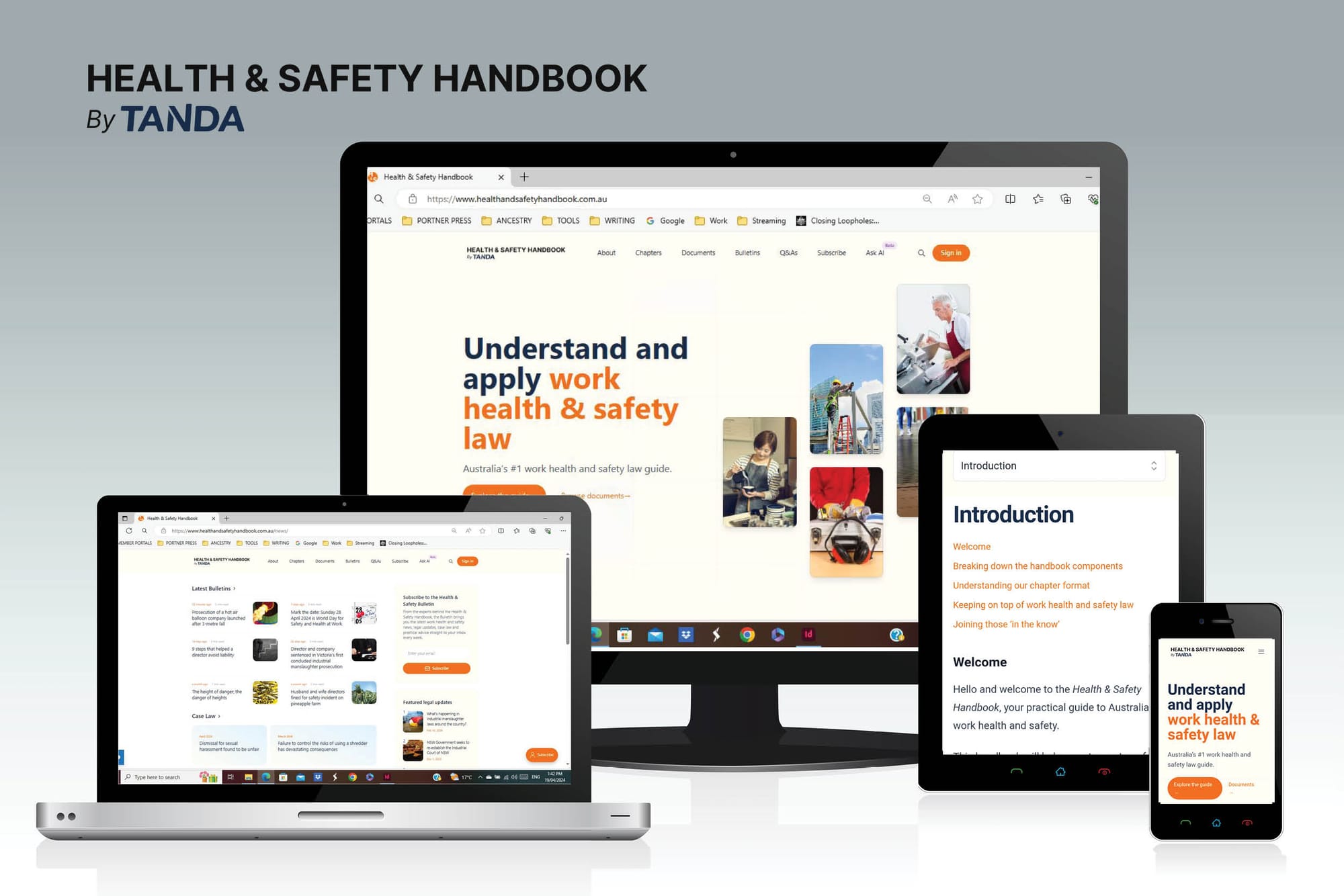FWO to examine CFMEU enterprise bargaining deals
In light of the allegations that have recently surfaced about conduct by the building industry union, the Construction, Forestry and Maritime Employees Union (CFMEU), the Federal Workplace Relations Minister has requested the Fair Work Ombudsman (FWO) to investigate certain allegations in relation to the making of enterprise agreements.
The allegations may involve conduct contravening the Fair Work Act 2009 (Cth) (FW Act), including adverse action, coercion, misrepresentation and/or a failure to comply with disclosure requirements of benefits under an enterprise agreement for a registered organisation.
There is no information about how the FWO will do this. In Victoria, the CFMEU is currently rolling out its ‘template agreement’ settled with the Master Builders Association of Victoria, which proposes a 4-year term and annual pay rises of 5%. A similar pattern deal is being implemented in New South Wales and Queensland.
On 17 July 2024, the Fair Work Commission approved the first of these agreements in New South Wales made with Built Pty Ltd.
What conduct is prohibited?
The FW Act prohibits a union or a union official from:
- demanding that an employer pay them a fee for services provided by the union in relation to an enterprise agreement; and
- misleading an employer about a requirement to make an enterprise agreement.
Moreover, if a union would benefit from a term in an enterprise agreement that it is negotiating, the union must take all reasonable steps to give a disclosure notice to the employer before the voting process.
Unlawful coercion of employers is also contravened by the FW Act. A union or a union official must not organise or take, or threaten to organise or take, any action against an employer with intent to coerce the employer to enter into an enterprise agreement.
The coercion that is unlawful under the FW Act requires a union to do more than influence, persuade or induce. It requires pressure that, in a practical sense, leaves the employer with no choice but to sign up to the agreement. That pressure must involve conduct that is unlawful, illegitimate or unconscionable.
Examples of conduct that have been found to be illegitimate include where a union official has:
- organised all workers to seek offsite relocations;
- threatened to put a company out of business;
- obstructed a site or locked out personnel from that site;
- threatened or organised unlawful work stoppages; and
- lied about the number of members the union has on site.

Get the latest employment law news, legal updates, case law and practical advice from our experts sent straight to your inbox every week.

